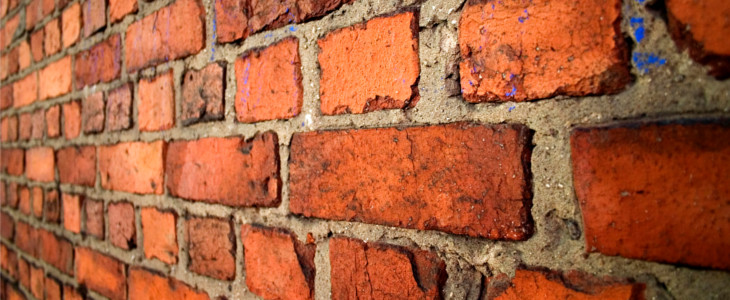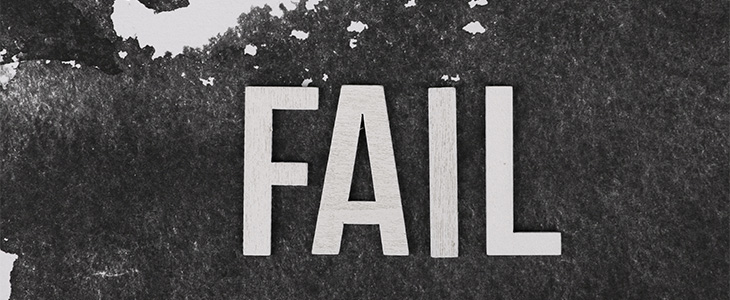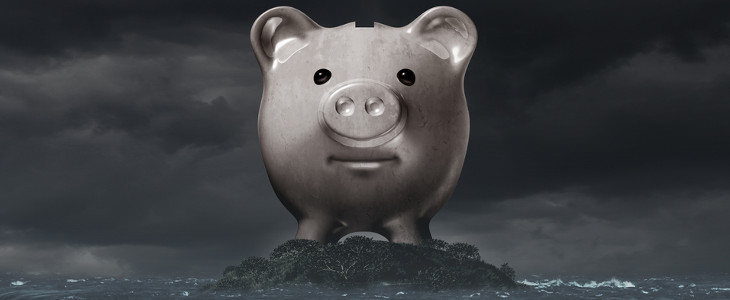The Brick Tax of 1784
The brick tax was a tax on bricks and tiles introduced in Great Britain during King George III’s reign to help pay for the wars in the American Colonies. The tax was originally levied at the rate of 2s. 6d. per 1000 bricks, 3s per 1000 plain tiles, and 8s per 1000 pan or ridge tiles.
The tax was levied on the freshly made bricks or tiles before they were fired (burned in a kiln to make them durable). The interior of the brick moulds were branded with the word ‘excise’ so as to impress the brick.
Like most taxes, the brick tax was gradually increased and reached the level of 5s. 10d. per 1000 bricks in 1805. To reduce the cost of the brick tax, manufacturers began to increase the size of their bricks, up to a maximum of 11 inches × 5 inches × 3 1⁄2 inches. Joseph Wilkes in Measham, Leicestershire, manufactured double sized bricks called Jumb or Gob bricks, and used them to build many Measham buildings.
The tax affected architecture and resulted in an increase in the use of timber and weatherboarding in house construction. The tax was repealed in 1850 due to its detrimental impact on architecture and building practices.
"You’d be stupid not to try to cut your tax bill and those that don’t are stupid in business"
- Bono: U2





